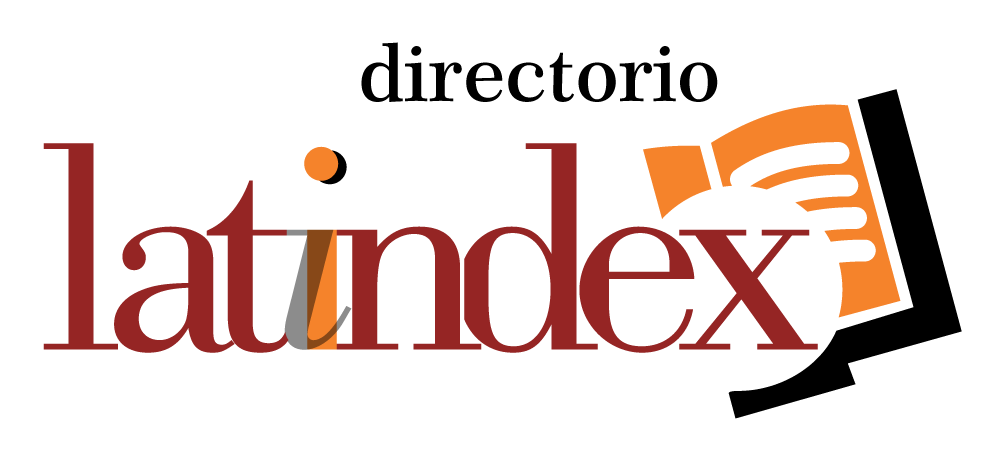Digital Transformation and the Changing Nature of Work: Emerging Challenges
DOI:
https://doi.org/10.56294/ai2025411Keywords:
Digital Technologies, Skill, Online, Job Satisfaction, Digital TransformationAbstract
Digital technologies are maturing and working rapidly to change the work environment of today, disrupting age-old job structures, organizational practices, and the very nature of work. This study aims to address the ways in which digital transformation, propelled by technologies such as AI, automation, cloud computing, and big data, is redefining work across all industries. With digital tools in vogue, employees need new roles, higher-level digital competencies, and alternative work arrangements like remote and hybrid models. These transformations are creating new challenges that include technostress, job obsolescence, and digital inequality.
Methods:
A qualitative study informed by very recent empirical studies and theoretical literature. The approach is to synthesize insights from diverse case studies, industry-specific labor reports, and academic research into the impact of digital transformation on the workforce and organizational behavior.
Results:
Such findings reveal the very significant impacts of digital transformation on employee productivity, work-related satisfaction, and the culture of the organization. The importance of digital leadership, strategic change management, and continuous upgrading of employee skills significantly applies in their effective management of the transformation process.
Conclusions:
Going forward, organizations should focus on creating a resilient workforce that is digitally agile to remain competitively viable in a rapidly changing socio-economic landscape. In this context, the paper not only outlines opportunities and challenges associated with the changing nature of work but also presents strategic opportunities for policymakers, educators, and business leaders to capitalize on digital transformation.
References
1. Rodriguez‐Lluesma C, García‐Ruiz P, Pinto‐Garay J. The digital transformation of work: A relational view. Business Ethics, the Environment & Responsibility. 2021 Jan;30(1):157-67. https://doi.org/10.1111/beer.12323 DOI: https://doi.org/10.1111/beer.12323
2. Appelbaum SH. Socio‐technical systems theory: an intervention strategy for organizational development. Management decision. 1997 Aug 1;35(6):452-63. DOI: https://doi.org/10.1108/00251749710173823
3. Baptista J, Stein MK, Klein S, Watson-Manheim MB, Lee J. Digital work and organisational transformation: Emergent Digital/Human work configurations in modern organisations. The Journal of Strategic Information Systems. 2020 Jun 1;29(2):101618. https://doi.org/10.1016/J.JSIS.2020.101618 DOI: https://doi.org/10.1016/j.jsis.2020.101618
4. Eide ER, Showalter MH. Estimating the relation between health and education: What do we know and what do we need to know?. Economics of Education Review. 2011 Oct 1;30(5):778-91. https://doi.org/10.1016/j.econedurev.2011.03.009 DOI: https://doi.org/10.1016/j.econedurev.2011.03.009
5. Singun AJ. Unveiling the barriers to digital transformation in higher education institutions: a systematic literature review. Discover Education. 2025 Feb 18;4(1):37. https://doi.org/10.1007/s44217-025-00430-9 DOI: https://doi.org/10.1007/s44217-025-00430-9
6. Marks A, Al-Ali M, Atassi R, Elkishk AA, Rezgui Y. Digital transformation in higher education: maturity and challenges post COVID-19. InInternational Conference on Information Technology & Systems 2021 Jan 31 (pp. 53-70). Cham: Springer International Publishing.. https://doi.org/10.1007/978-3-030-68285-9_6 DOI: https://doi.org/10.1007/978-3-030-68285-9_6
7. Gkrimpizi T, Peristeras V, Magnisalis I. Defining the meaning and scope of digital transformation in higher education institutions. Administrative Sciences. 2024 Mar 4;14(3):48. https://doi.org/10.3390/admsci14030048 DOI: https://doi.org/10.3390/admsci14030048
8. Curtis C, Olaru D, Smith B, Reed TW, Knight C, Biermann S. Sustainable urban mobility transitions through working from home (WFH). Travel Behaviour and Society. 2025 Apr 1;39:100953. https://doi.org/10.1016/j.tbs.2024.100953
9. Utkirov A. Enhancing Alumni Employability: Aligning Higher Education Quality with Workforce Expectations. Available at SSRN 4948534. 2024 Sep 10. https://doi.org/10.1016/j.tbs.2024.100953 DOI: https://doi.org/10.1016/j.tbs.2024.100953
10. Lee CL, Yam S, Susilawati C, Blake A. The future property workforce: challenges and opportunities for property professionals in the changing landscape. Buildings. 2024 Jan 14;14(1):224. https://doi.org/10.3390/buildings14010224 DOI: https://doi.org/10.3390/buildings14010224
11. Przegalinska A, Triantoro T, Kovbasiuk A, Ciechanowski L, Freeman RB, Sowa K. Collaborative AI in the workplace: Enhancing organizational performance through resource-based and task-technology fit perspectives. International Journal of Information Management. 2025 Apr 1;81:102853. https://doi.org/10.1016/j.ijinfomgt.2024.102853 DOI: https://doi.org/10.1016/j.ijinfomgt.2024.102853
12. Sanyal S, Kumar S. The Digital Transformation of Work: How Will Automation Alter Future Workplaces?. InAdvancements in intelligent process automation 2025 (pp. 1-22). IGI Global. https://doi.org/10.4018/979-8-3693-5380-6.ch001 DOI: https://doi.org/10.4018/979-8-3693-5380-6.ch001
13. Becker GS. Human capita. New York: N ational Bureau of Economic R esearch. 1964.
14. DELABELLA N. Tackilng Digital Inequalities through Service Co-Production: The case of the Italian Digital Civilian Service.
15. Matthijs Bal P, Davids J, Garcia E, McKnight C, Nichele E, Orhan MA, van Rossenberg Y. The Psychology of Automation and Artificial Intelligence at Work: Exploring Four Fantasies and Their Leadership Implications. InPower, Politics and Influence: Exercising Followership, Leadership, and Practicing Politics 2025 Jan 1 (pp. 575-592). Cham: Springer Nature Switzerland. https://doi.org/10.1007/978-3-031-696107_22. DOI: https://doi.org/10.1007/978-3-031-69610-7_22
Downloads
Published
Issue
Section
License
Copyright (c) 2025 Sunitha Purushottam Ashtikar, Geetha Manoharan (Author)

This work is licensed under a Creative Commons Attribution 4.0 International License.
The article is distributed under the Creative Commons Attribution 4.0 License. Unless otherwise stated, associated published material is distributed under the same licence.






